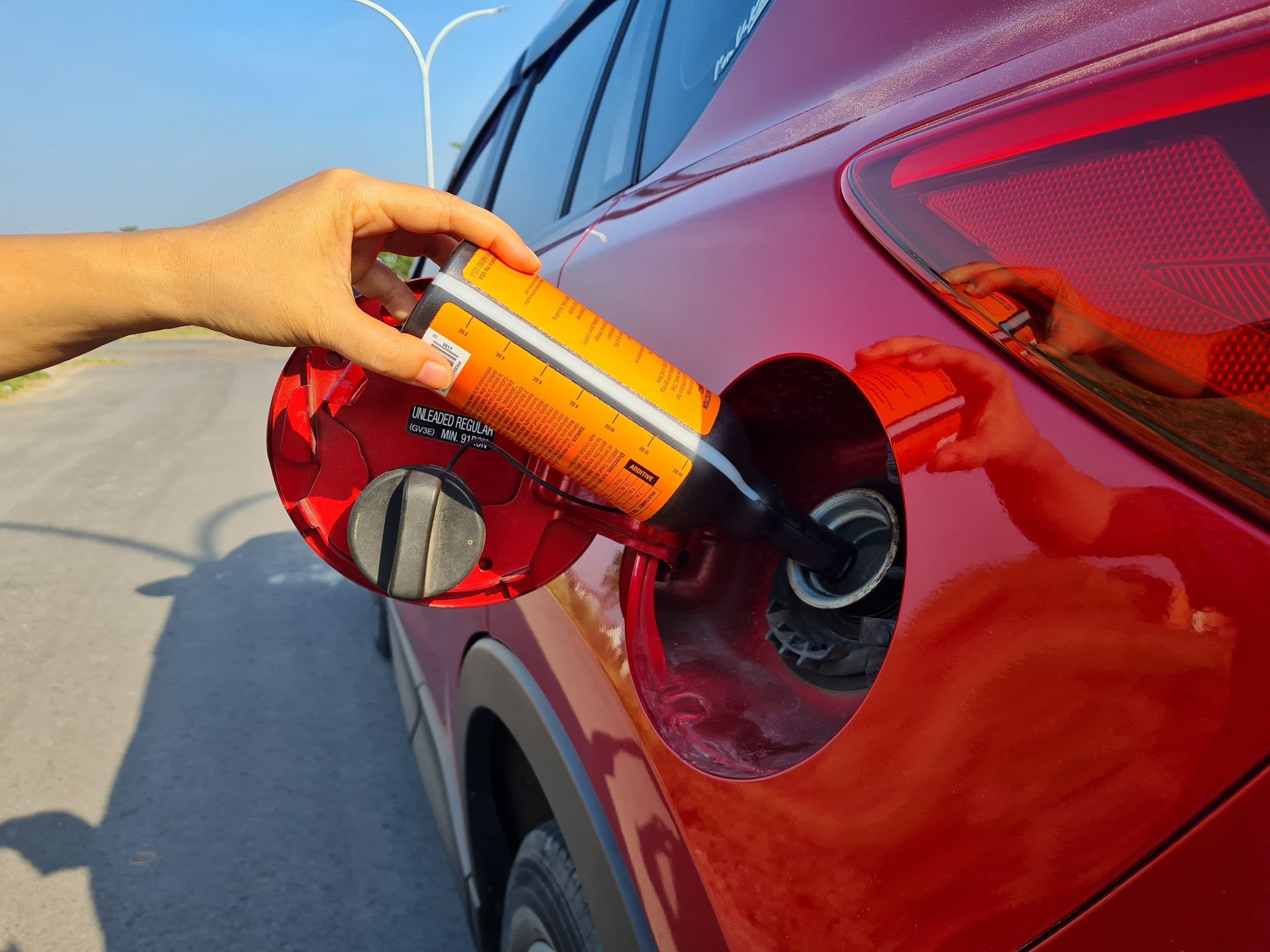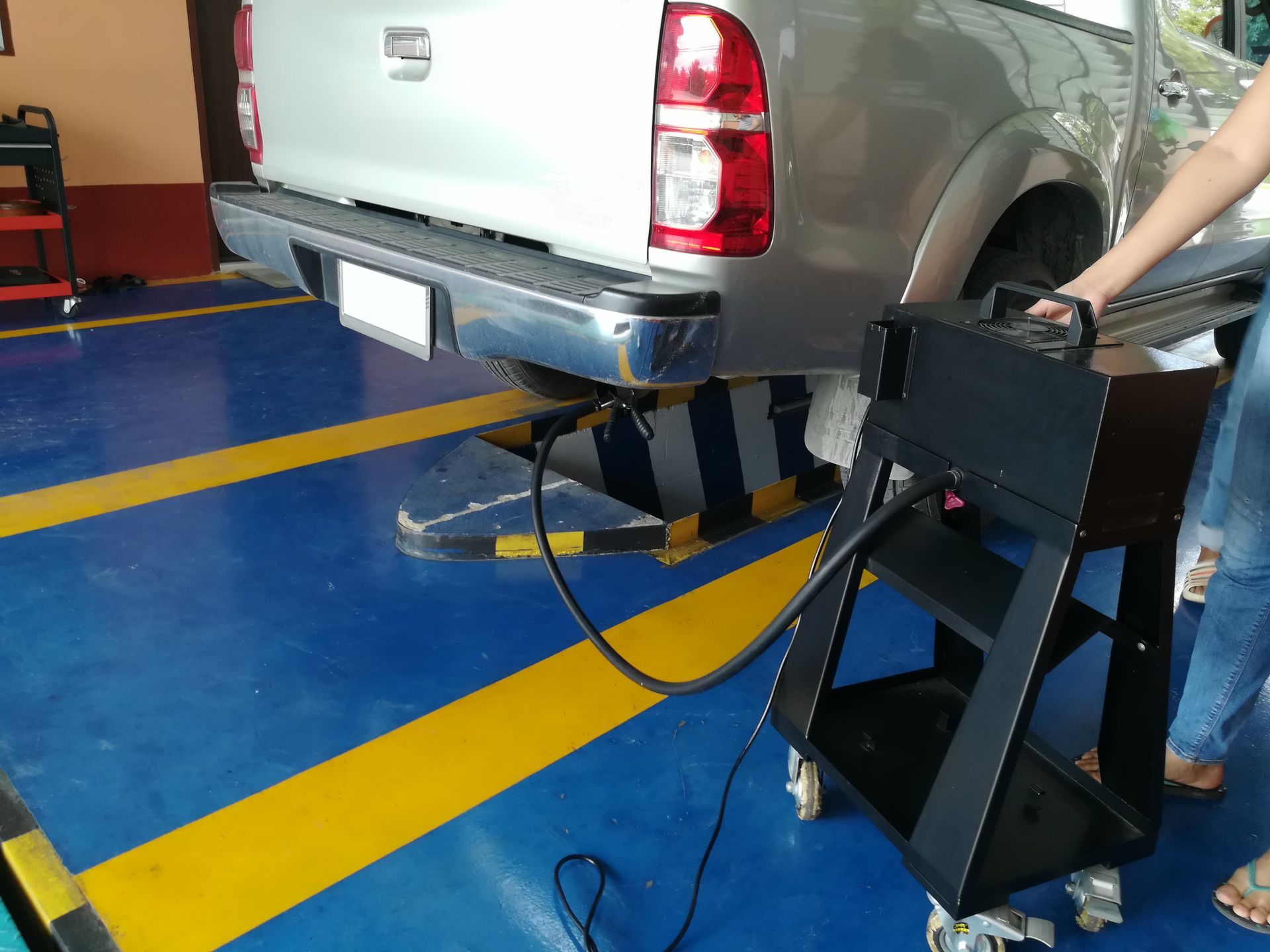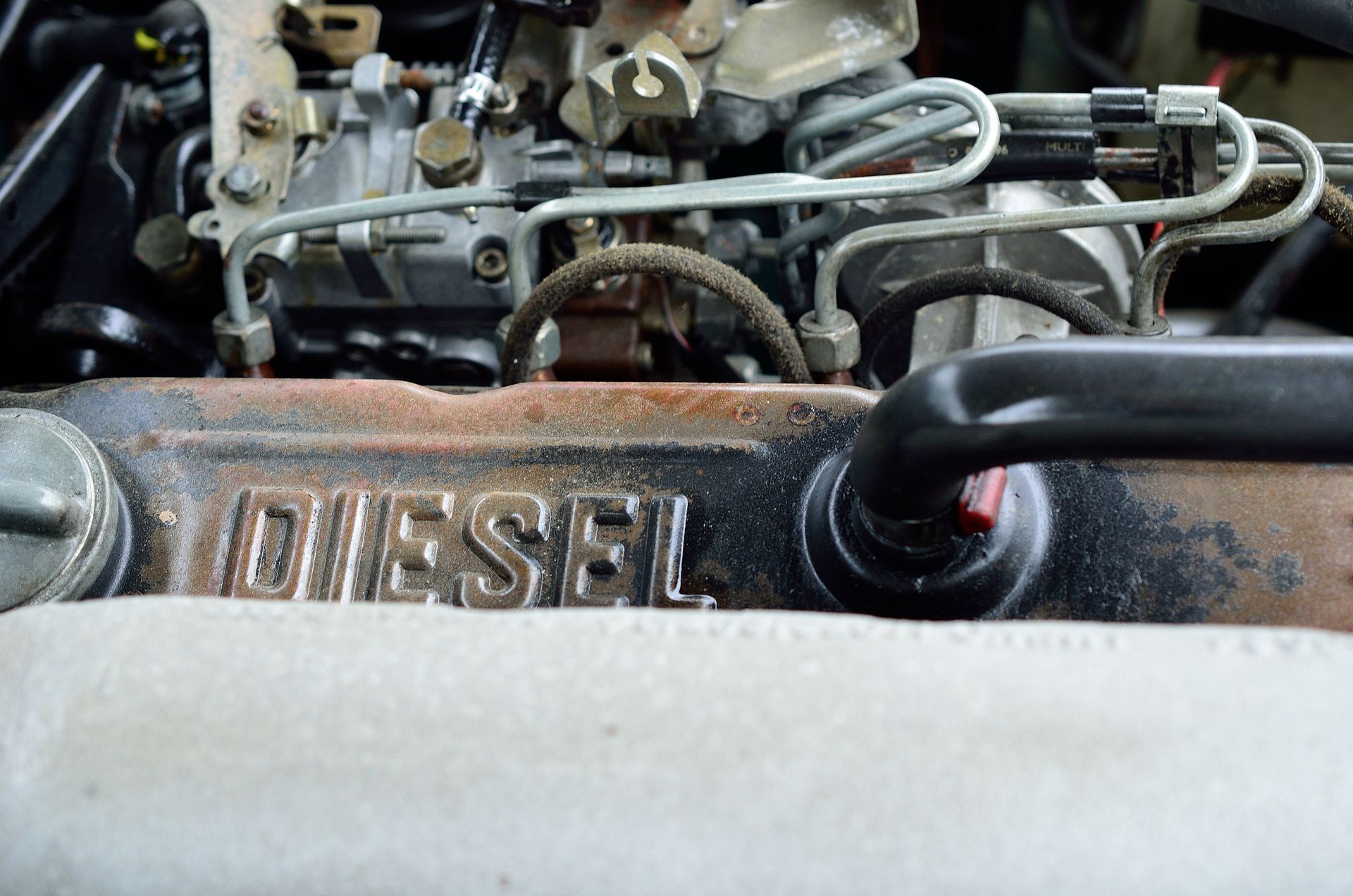If you’ve ever tried to start a diesel engine on a freezing morning, you may have noticed that it takes longer to fire up or refuses to start at all. Diesel engines are known for their efficiency, durability, and towing power, but they can be more sensitive to cold temperatures compared to gasoline engines. When temperatures drop, fuel, air compression, and battery performance are all affected, making it harder for a diesel engine to operate as expected. If you rely on your diesel truck for work or daily driving, understanding why these problems occur and how to prevent them can save you from frustration and costly repairs.
Diesel Fuel Thickens in Cold Temperatures
Unlike gasoline, diesel fuel contains paraffin wax, which helps improve lubrication and efficiency. However, when temperatures drop, this wax starts to solidify, causing the fuel to thicken—a process known as "gelling." Gelled diesel can clog fuel filters and injectors, preventing the engine from receiving the fuel it needs to start and run properly.
Fuel additives can help prevent gelling, and many fuel stations offer winterized diesel blends that contain anti-gel agents. If your diesel vehicle is parked outside in extreme cold, using a fuel additive before temperatures drop can keep the fuel flowing freely.
Glow Plugs and Grid Heaters Work Harder
Unlike gasoline engines, which use spark plugs for ignition, diesel engines rely on heat generated by air compression to ignite the fuel. In cold weather, the air inside the cylinders is much colder, making it harder to reach the necessary temperature for combustion.
To compensate for this, diesel engines use glow plugs or an intake grid heater to preheat the air and assist with ignition. If these components fail, the engine may struggle to start or require multiple attempts. Checking and replacing faulty glow plugs before winter ensures your engine can start efficiently in freezing temperatures.
Cold Weather Reduces Battery Performance
A strong battery is essential for starting a diesel engine in cold weather. Diesel engines require higher compression to ignite fuel, meaning the starter motor has to work harder compared to gasoline engines. When temperatures drop, battery efficiency decreases, making it harder to supply the necessary power to crank the engine.
Signs of a weak battery include slow cranking, dim dashboard lights, or needing a jump-start frequently. Ensuring your battery is fully charged and in good condition before winter can prevent starting problems. If your battery is more than three years old, it’s a good idea to have it tested or replaced before freezing weather arrives.
Thicker Oil Creates More Resistance
Cold temperatures cause engine oil to thicken, making it harder for it to circulate through the engine. Since diesel engines have tighter tolerances and higher compression, thickened oil can increase resistance and make starting difficult.
Using the correct winter-grade synthetic oil can help maintain proper lubrication and prevent excessive wear during cold starts. Checking your owner’s manual for the recommended oil viscosity for winter conditions ensures your engine stays protected in freezing temperatures.
Blocked Fuel Filters and Moisture Buildup
Diesel fuel systems are particularly vulnerable to moisture contamination, which can freeze inside fuel lines and filters. Water condensation can form in the fuel tank, and when temperatures drop, ice can clog filters and restrict fuel flow. This can result in engine misfires, loss of power, and difficulty starting.
Regularly replacing fuel filters and using a water separator can help remove moisture before it causes problems. Keeping the fuel tank at least half full also reduces condensation buildup and prevents ice formation.
How to Prevent Diesel Engine Problems in Cold Weather
Taking preventative measures before winter arrives can help keep your diesel engine running smoothly. Here are some essential steps to reduce cold weather struggles:
- Use winter-grade diesel fuel or anti-gel additives to prevent fuel thickening.
- Check and replace weak glow plugs to ensure proper combustion.
- Test your battery and replace it if it’s losing power.
- Use synthetic winter-weight oil for better cold-start lubrication.
- Regularly replace fuel filters to prevent clogging.
Park your vehicle in a heated garage or use an engine block heater to keep the engine warm overnight.
Diesel engines need extra care in freezing temperatures.
Deer Park Diesel in Clayton, WA, can inspect your battery, glow plugs, and fuel system to prevent cold weather breakdowns. Stop by today and stay ahead of winter troubles!











